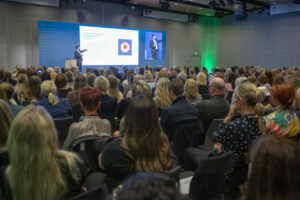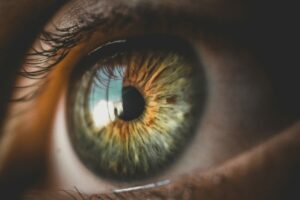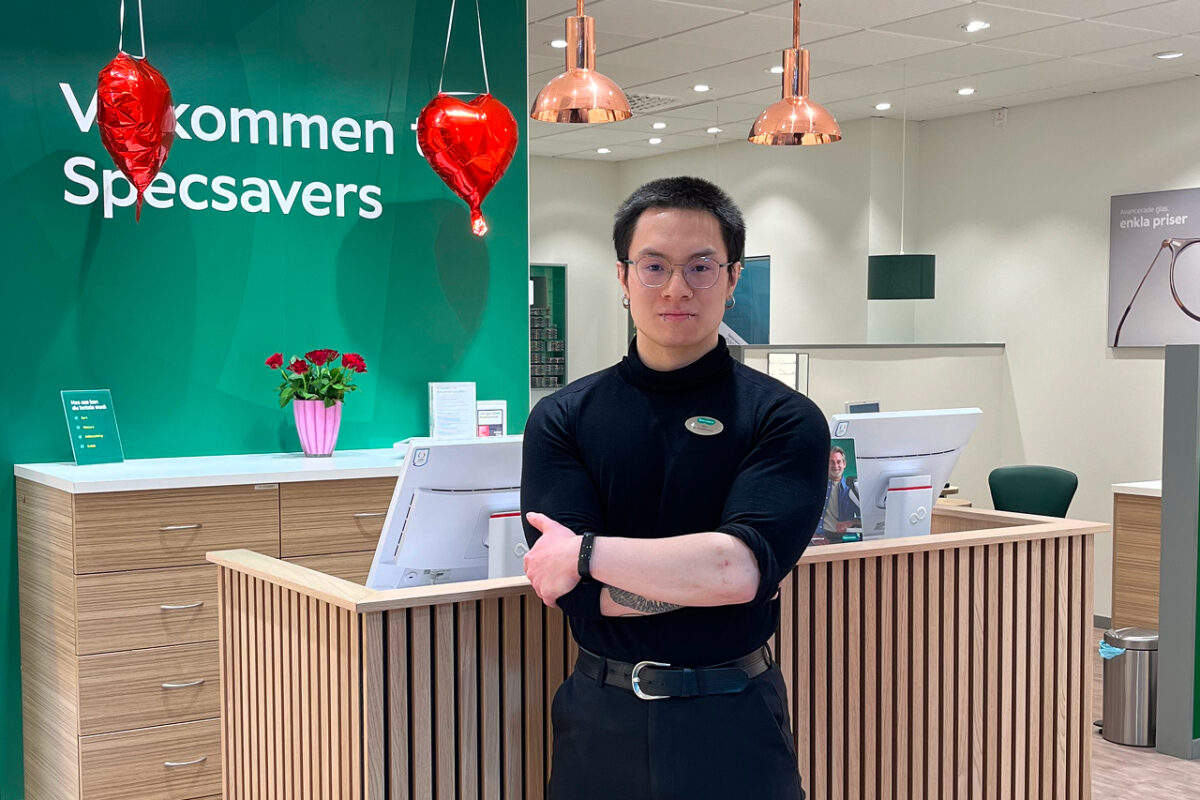When Tony Dinh started working at Specsavers as a newly qualified optician, he was pleasantly surprised by the advanced clinical equipment available in-store.
“One of the things that really impressed me was the OCT scanner,” he says. “It gives us so much valuable information quickly and easily, which is a huge help in our day-to-day clinical work.”
Tony had learned about OCT during his studies but didn’t expect to use it so early in his career.
“I associated that kind of technology with ophthalmologists or specialists, so getting to work with it as part of my regular practice feels like a real advantage. It shows how much Specsavers prioritise eye care.”
That clinical focus is something Tony values highly.
“Of course, we offer good-quality glasses at affordable prices—that’s a big part of why customers come to us. But what makes a real difference is our strong focus on eye care.”
One area where Tony sees this clearly is in the approach to managing myopia. He appreciates how much emphasis Specsavers places on early intervention, especially for children and young people.
“Being nearsighted myself, it’s something I care about. I wish there had been the same kind of options available when I was growing up. That’s why I’m really passionate about helping younger customers manage their myopia.”
During the Specsavers Graduate Programme, Tony learned more about how to support families in this area. “It was incredibly useful—especially when talking to parents. Since myopia is often hereditary, it helps to be able to explain those connections and recommend the right management at the right time.”
Tony feels like his everyday work makes an impact.
“For me, Specsavers isn’t just about selling glasses and lenses. People come to us because they need help with their vision—and they trust that we provide more than just a product – we provide care.”



